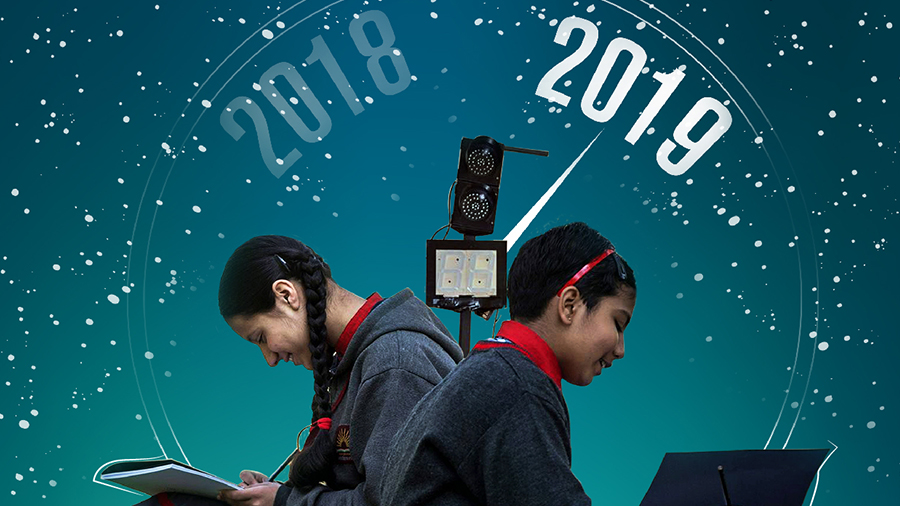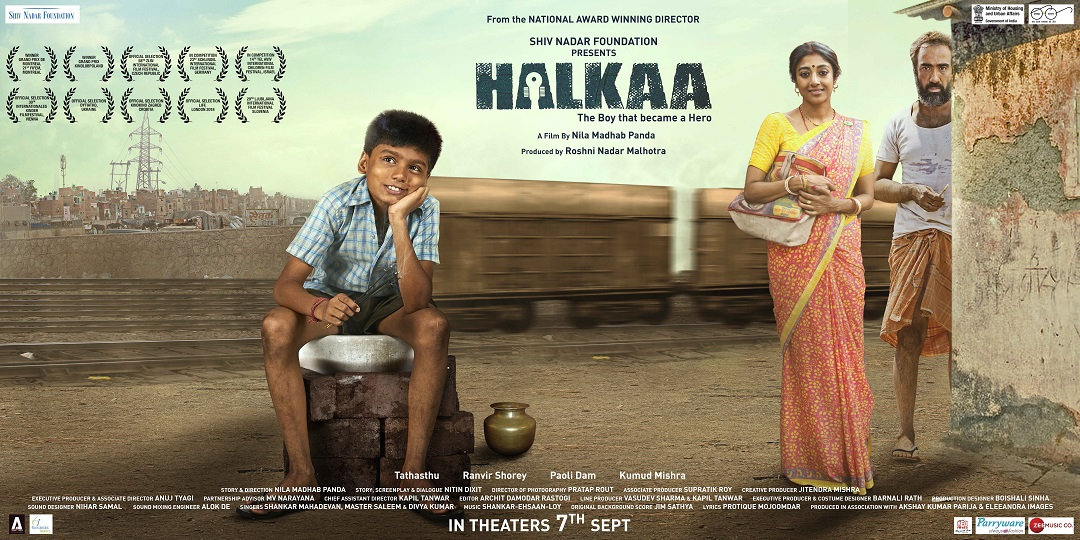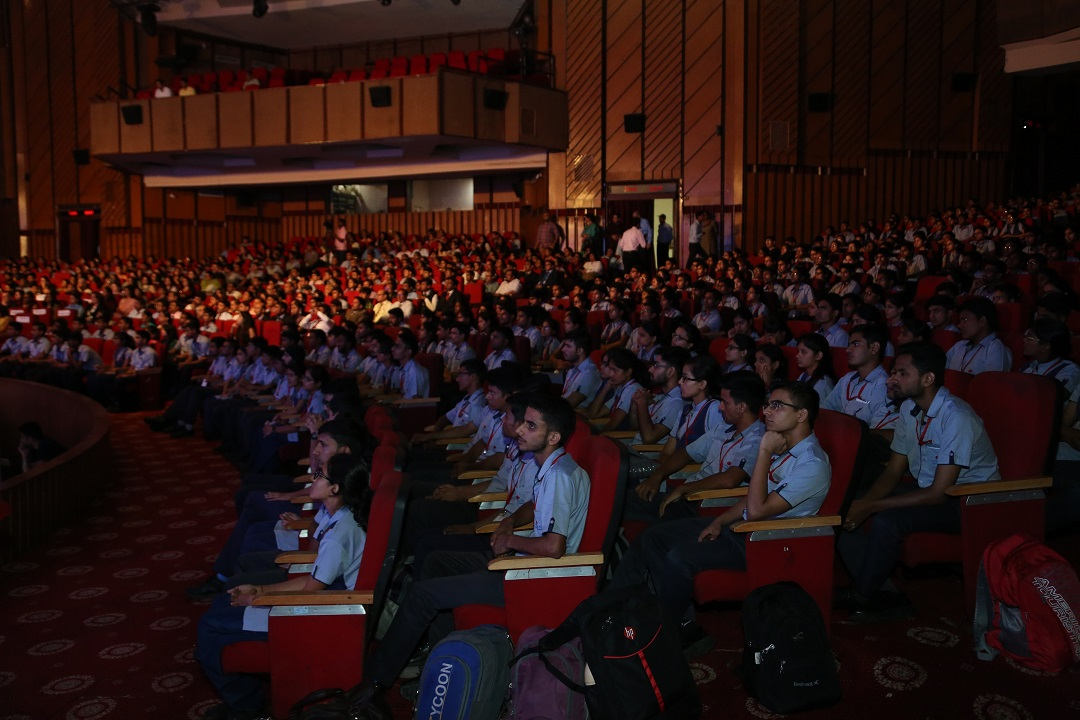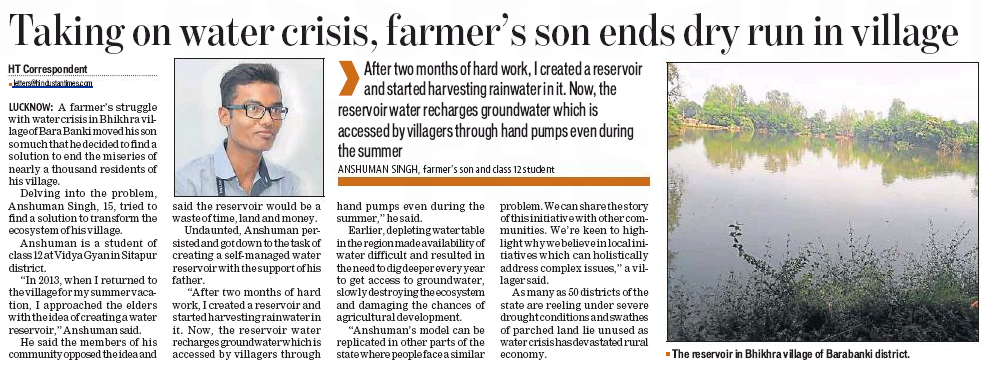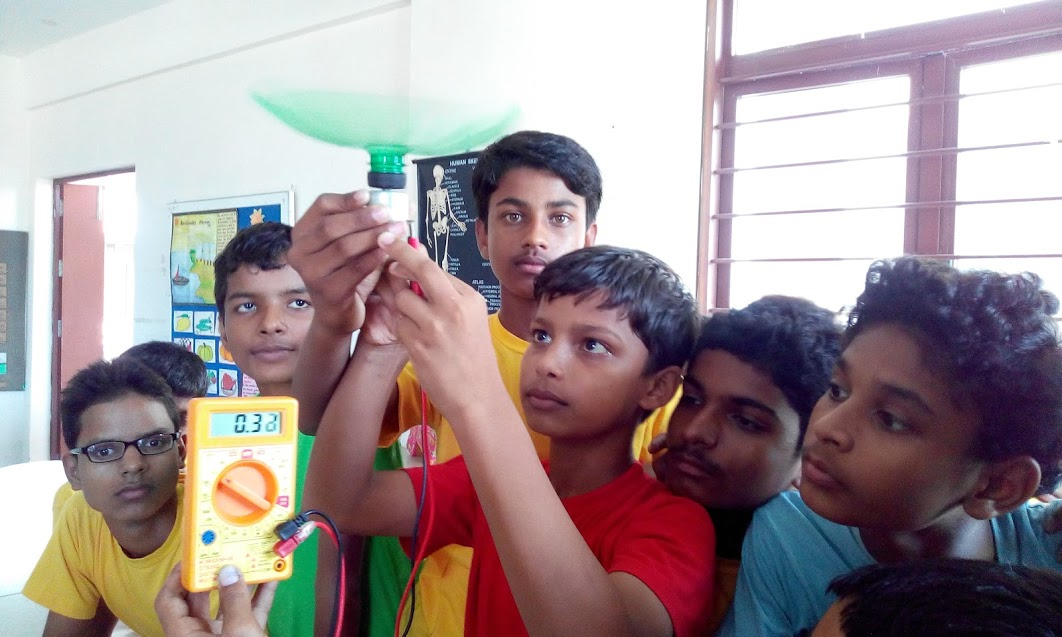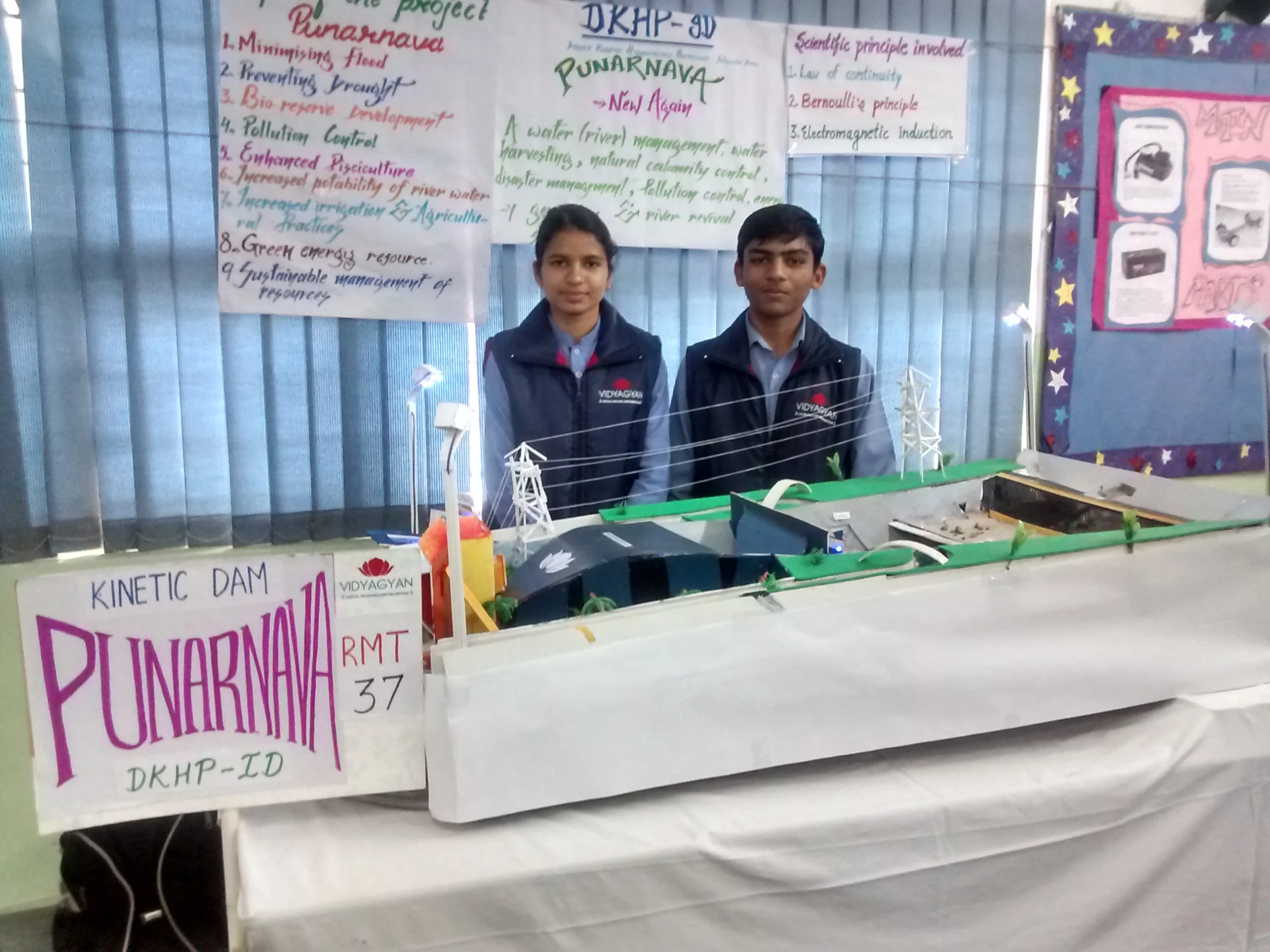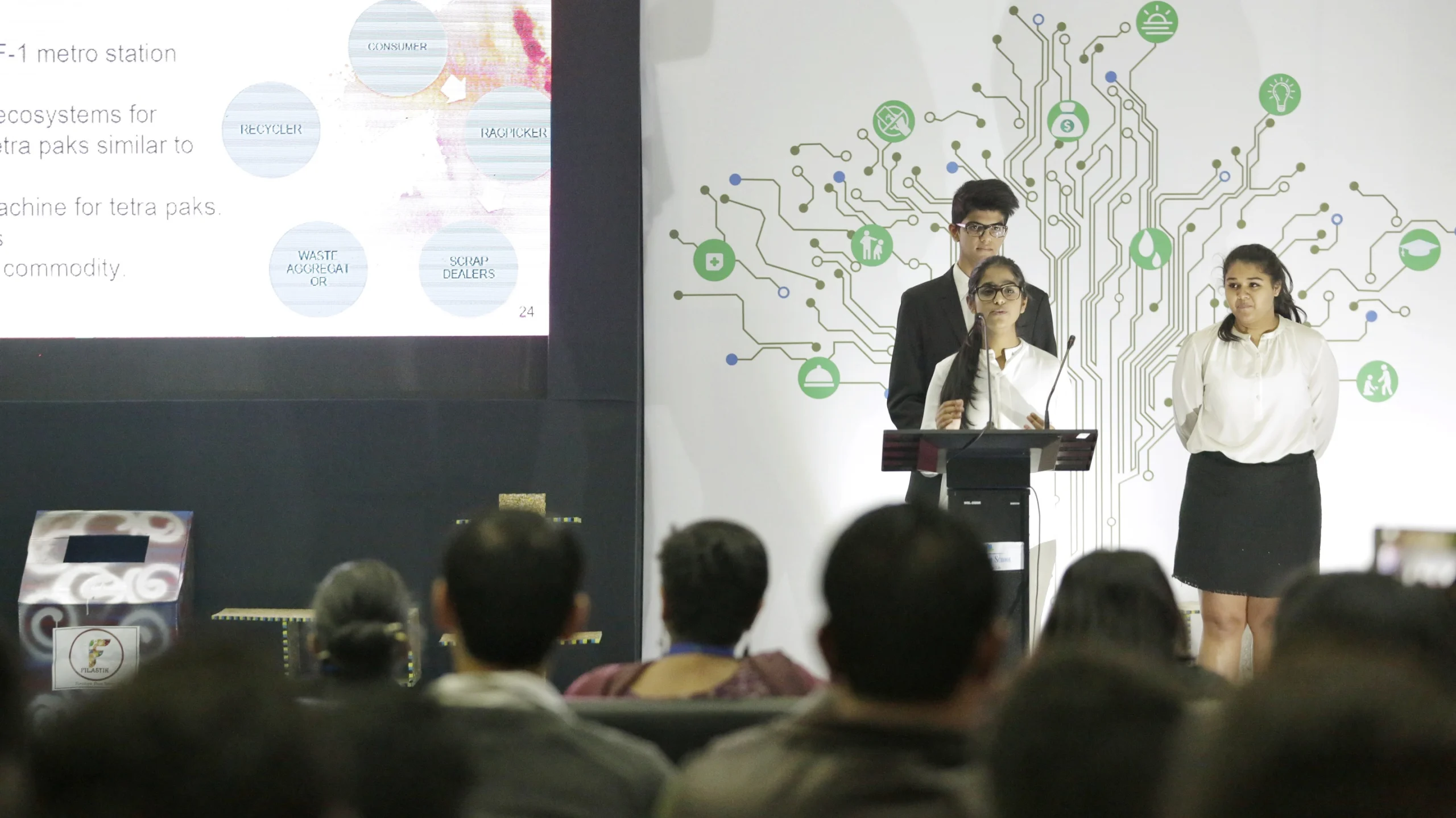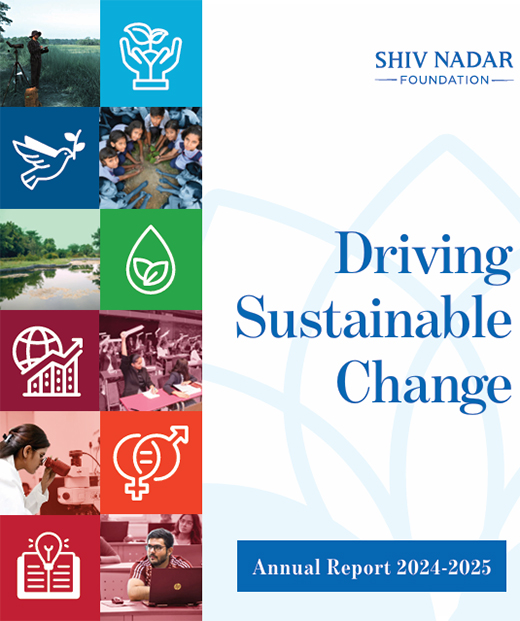In Conversation with Lisa Heydlauff, Founder and Director, Going to School

Lisa Heydlauff tells stories for a living – inspiring, interesting and innovative stories. Based in New Delhi, Lisa is the founder of ‘Going to School’, a not-for-profit organization that makes movies, books and radio programs for children to teach them a unique set of skills.
In the first of this 2-part series, we get her views on the skills that children need to thrive in today’s world, and how her organization is teaching these skills to help young children become problem solvers.
Tell us what triggered the idea of Going to School?
I grew up in London and then I moved to a lot of different countries around the world. So growing up, I was always the new kid in class and I would be asked this one question – “what is it like going to school in the places you have come from?” It made me think about this one common experience that children everywhere can relate to – “going to school” everyday. Across different nations and communities, we all hold one common belief that school can transform our lives. “Going to School” came about as an idea to tell success stories of how going to school can better your life, and inspire more children to go to school. Today, our stories aim to empower students with the skills to help them do this – such as identifying and solving problems, taking initiative and leading change.
Why focus on building skills in young children?
The world is changing really fast and consequently the skills we need to take on the world around us are also evolving. So it’s important to learn “movable skills” – skills that would help you become who you want to be, whenever and wherever that might be. Skills that help you work in teams, solve problems, and become entrepreneurs. These would help you in any situation, and these are rarely taught in a class. Going to School is bringing these skills to children.
How important do you think this kind of skill development is in rural areas where children need “street smartness” to survive?
In rural India especially, the streets are very different from the urban set-up, with no industry, less development. In a way, rural India has this advantage over urban because there are so many more opportunities to find gaps and do new things. It’s important that children here learn the skills that can help them identify such opportunities. Once we see an opportunity, we can see the problem and find out how the problem can be solved. And to do this, we expose youngsters to inspiring stories about possibilities, and about enabling things that haven’t been done yet.
You speak of identifying and solving problems, which is a critical skill for children not just for themselves, but to impact the communities they live in. What are the insights that led to this?
We started with the idea of teaching entrepreneurial skills to children that will help them participate in and contribute to the world around them. This led to an immediate challenge – how do we explain to them who an ‘entrepreneur’ really is? It is a difficult word, and when we looked for translations in Hindi or regional languages, we didn’t really find any. There were words to explain a businessperson who makes money; or a social worker who solves problems but doesn’t make money. But neither reflected the true meaning of entrepreneurship. So we decided that instead of explaining the concept, we would explain the outcome – an entrepreneur is someone who solves a problem. And a problem essentially means that there is a gap that exists. If you can see the gap, you can create a solution. To build entrepreneurial skills in children, it is essential that we teach them how to take initiative and solve problems. That is a true entrepreneur.


